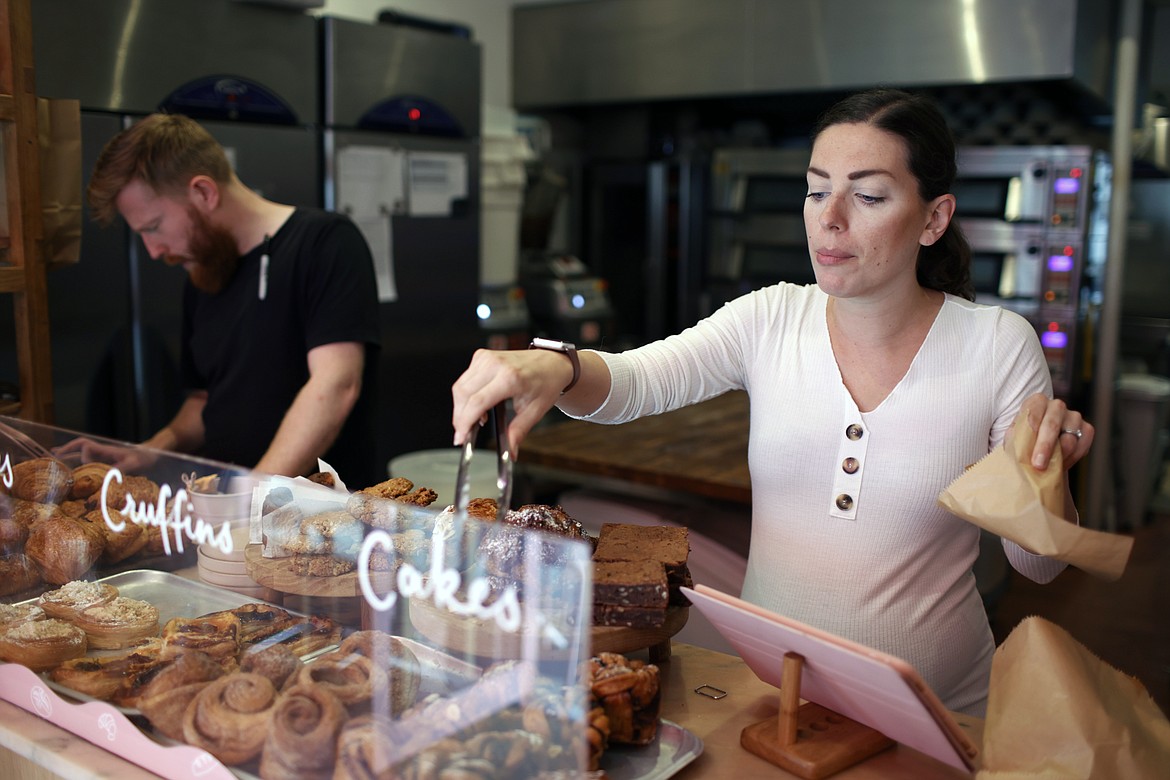UK businesses laud energy relief, but costs still a struggle
LONDON (AP) — At Sophia Sutton-Jones' bakery in North London, the electricity bill has more than tripled since the start of the year. It now costs 5,500 pounds ($6,260) a month to power the ovens and keep the lights on at Sourdough Sophia....
Support Local News
You have read all of your free articles this month. Select a plan below to start your subscription today.
Already a subscriber? Login
Daily Inter Lake - everything
Print delivery, e-edition and unlimited website access
- $26.24 per month
Daily Inter Lake - unlimited website access
- $9.95 per month

